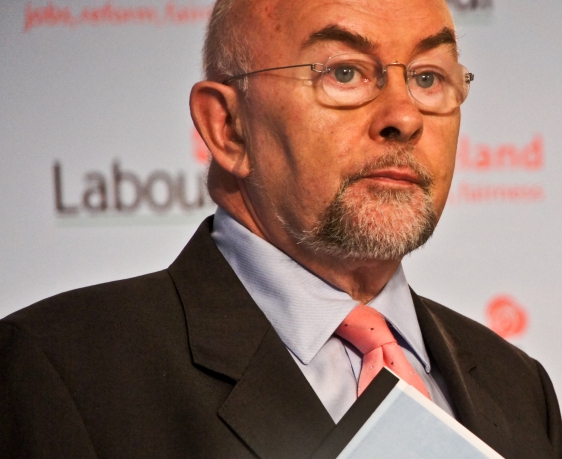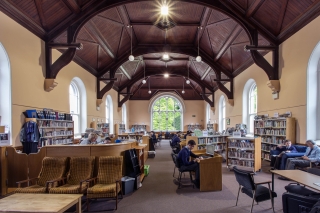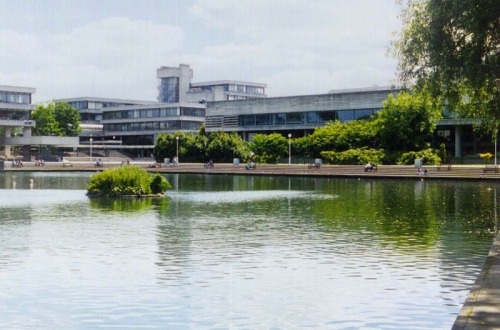Education minister Ruairí Quinn has once more defended the decision to abolish the current Junior Cert state exam in favour of a new model.
The new model will be focused on internal assessment, and requires teachers to mark papers instead of the exam being externally reviewed.
During a question time in the Daíl, Ruairí Quinn defended the Junior Cycle reform that starts next September by saying that students “Don’t need a state exam, they need progress and moderation” .
Minister Quinn was responding to the results that came in a recent ASTI survey which revealed that 50 schools do not feel equipped enough to roll out reform.
Minister Quinn said “I’m aware of the difficulties faced by teachers, especially in the backdrop of the current public finances… we have started a journey, I take the political responsibility, and where we will travel is open for discussion”. He continued “to have a state exam at 15 has a detrimental effect on a number of people. If changes need to be made, we will make those changes”.
The decision to change the Junior Cycle has come under criticism, especially from the ASTI president Sally Maguire, who said that “every student is entitled to a fair, impartial and transparent state certificate to record their achievement. A school certificate based on grades awarded by student’s own teachers’ does not have the same status or validity as an independent State Certificate.”
This year’s Junior Cert will be one of the last under the current model which has been in place since 1991.
Gavin Lacey




